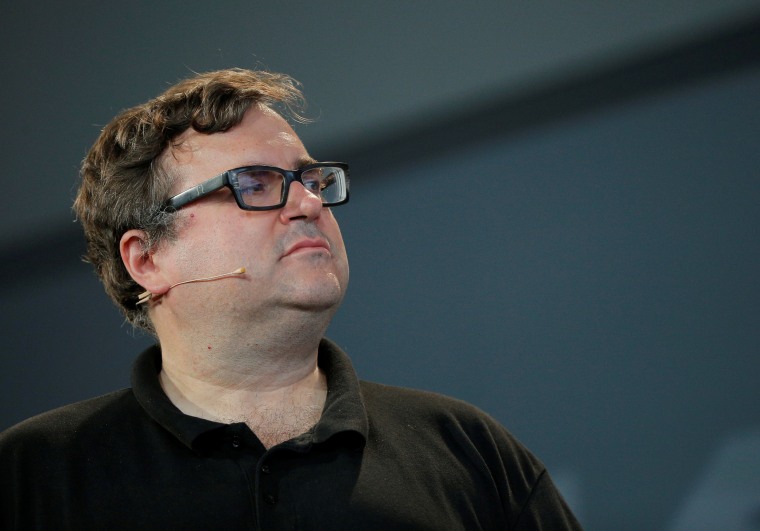Reid Hoffman, the billionaire co-founder of LinkedIn, apologized on Wednesday for failing to monitor a political organization he gave money to that has since been accused of running a Russian-style disinformation campaign last year.
Hoffman said in a statement posted online that he was unaware of the project that some Democratic operatives secretly undertook in a Senate special election in Alabama in December 2017.
Hoffman, one of Silicon Valley’s most vocal critics of President Donald Trump, said he had given money to dozens of political groups including American Engagement Technologies (AET).
AET, in turn, paid for operations in Alabama that included false online personas and an attempt to boost a write-in candidate, The New York Times reported this month.
Hoffman said he learned about the project from the newspaper.
“I find the tactics that have been recently reported highly disturbing,” he wrote in his statement, posted on the website Medium.
“For that reason,” he added, “I am embarrassed by my failure to track AET — the organization I did support — more diligently as it made its own decisions to perhaps fund projects that I would reject.”
The winner of the special election, Sen. Doug Jones, D-Ala., has said he was outraged by the project and has called for an investigation.
Hoffman wrote that he thought an investigation was a good idea, and he said he and his advisers “have already begun drafting new policies for how we vet potential investments and how we’ll maintain oversight of the organizations we support.”
